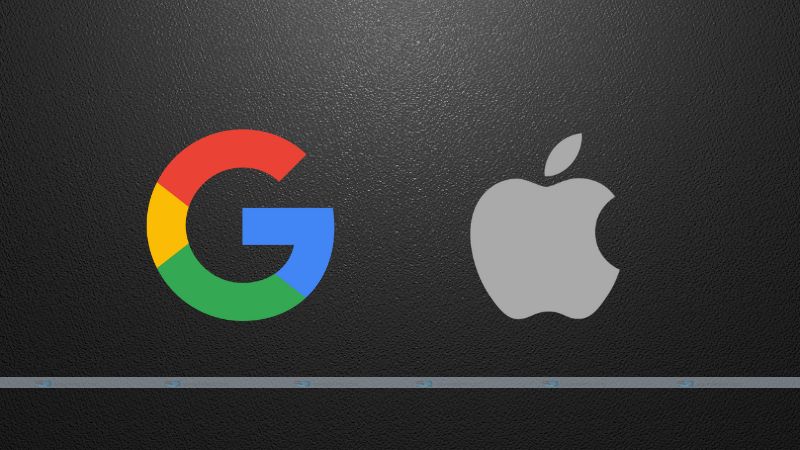An unnamed senator from the US cautioned that certain governments are covertly monitoring smartphone users through the push notifications of various applications. The senator, Ron Wyden, conveyed concerns in a letter to the Department of Justice, highlighting foreign authorities’ requests directed at Google and Apple for user data, shedding light on an additional means for governments to track smartphones.
Push notifications, commonly used across apps to alert users of messages or updates, rely on Google and Apple servers, offering these companies exclusive insights into the data flow from apps to their users. This position, as noted by Wyden, potentially aids government surveillance of specific app usage patterns. He urged the Department of Justice to revise policies obstructing public discourse on push notification surveillance.
Apple mentioned that Wyden’s letter provided an opportunity to disclose more information about government monitoring of push notifications, citing prior federal restrictions preventing such revelations. Google expressed solidarity with Wyden’s objective of informing users about these data requests.
The Department of Justice did not respond to inquiries regarding push notification surveillance or whether it had prohibited Apple or Google from discussing it.
Wyden’s letter referenced an undisclosed “tip” as the source of this surveillance information. While Wyden’s staff didn’t offer further details, a source familiar with the situation verified that both US and foreign government agencies had approached Apple and Google for metadata linked to push notifications. These requests aimed to connect anonymous users of messaging apps to specific Apple or Google accounts.
The source refrained from identifying the foreign governments involved but characterized them as democracies allied with the US. The duration for which such data gathering occurred in this manner remained unknown.
Push notifications, often overlooked by users, have occasionally drawn attention from technologists due to the challenge of deploying them without transmitting data to Google or Apple. Earlier in the year, French developer David Libeau underscored the lack of awareness among users and developers about how these notifications relay data to these tech giants, labeling them as a “privacy nightmare.”



